The day before I watched Steven Spielberg’s West Side Story—my first movie in a theater since the start of the pandemic—my sister Barb and I reminisced about seeing the original 1961 classic four times in two days at the Allerton Theater in the Bronx. Mom wanted to keep us occupied while she and dad were busy moving the family literally down the street. On the first viewing (the only one mom attended) my screams rattled the walls when Tony was gunned down as he and Maria blissfully ran into one another’s arms.
Since my four-year-old self couldn’t yet read, my mother “translated” the end credits that appeared over the graffiti-covered playground walls where the tragic last scene played out. “It’s okay, Sherry,” my mom said. “Tony lived and married Maria…. They had a baby boy.”
Mom bought us Milk Duds, then left the theater to unpack boxes in the new homestead while Barb and I settled back into our seats for Jets versus Sharks redux. I closed my eyes when Tony was shot, then assured my sister: “It’s okay. He and Maria lived happily ever after.”
Barb said with all the disgust a nearly seven-year-old can muster: “What’s wrong with you??? He’s dead.”
“No he’s not. Mommy said he’s alive.”
“You believed her? Wow, you are an idiot!”
“Mommy wouldn’t lie!”
“Uhhh…”
Read More: Beatlemania Redux: Going Mad for the Fab Four All Over Again
The Big Lie
That night as my mother put me to sleep in my new bedroom surrounded by a bevy of Barbie dolls, I told her the vicious lie hurled by meanie Barb. Mom assured me there was no reason to stop believing in Tony and Maria’s happily ever after, but suggested that when she dropped Barb and me at The Allerton the following afternoon for another double showing I probably should let my sister continue to believe her version.
“It’s okay, Sherry,” my mom said. “Tony lived and married Maria.”
During the third and fourth showing of the film, Barb and I were increasingly able to recite swaths of dialogue along with the characters -not that we understood what much of it meant! But, fortified by Bernice Amatenstein’s permission to believe in miracles despite my sister’s refusal to deny cinematic reality, I doubled down on my certainty that Tony lived. When mom met us in front of The Allerton I said, “Mommy, I think Tony and Maria had a little girl too.” She hugged me while Barb snorted.
I’m not sure exactly when I took my head out of the sand—perhaps a few years later when I began to absorb that the reason I had no grandparents was because the Nazis had killed them. My parents spent their youths in concentration camps and met in New York City after the war. I was becoming aware of evil in the world.
My Own Jets Vs. Sharks
In my mid-twenties, after a three-year marriage to a fellow Jew addicted to lying and spending money, I fell in love with Paul, who was incredibly kind but also incredibly Catholic. When I finally introduced him to mom and dad, they said if I married him they’d excommunicate me.
My parents said if I married him they’d excommunicate me.
The day before Paul and I broke up (ultimately undone by our inability to agree on what religion to raise potential children), I caught West Side Story on TV, and cried all over again during the end credits. Tony died, the Jets and Sharks would continue hating one another, and love couldn’t conquer all.
A few years before mom’s fatal 2005 heart attack, she wrote an “apology” letter about her interference in my love life that made me laugh, cry and scream: “I didn’t know he’d be your last chance!”
Hope and Healing
Initially, when I heard Steven Spielberg was revamping West Side Story I determined to avoid it. Not just because I hadn’t stepped into a theater since February 2020. Who needed more reminders of my long-departed ability to believe in fairy tales? But I was intrigued by Eliya Smith’s piece in The Forward citing papers written by West Side Story co-creator Arthur Laurents that the movie was originally conceived as a tragic love story between an Italian Romeo and his Juliet—a Jewish holocaust survivor.
It seemed symbolic to make Spielberg’s movie the first step to something resembling a careful normalcy.
And didn’t my story ultimately offer hope? Paul and I had reunited 26 years after our 1989 breakup. As lockdown began, I was diagnosed with breast cancer, rendering me immunocompromised, thus unable to see anyone but my live-in partner. Paul ferried me to and from surgery, chemo and radiation treatments, reporting in to my frantic sister!
Now healthy and triple-vaxxed it seemed symbolic to make Spielberg’s movie the first step to something resembling a careful normalcy. I wasn’t ready to eat inside a restaurant. But it felt safe to sit in a basically empty theater wearing a KN95. Paul and I grasped hands as we watched hatred inevitably kill innocence. But as the credits faded to black, I felt mom deliver her own special benediction: “Sherry, Tony is dead, but you got yourself a good one. Make sure you deserve him!”
Read More: The Real Story Behind `Killing Me Softly’ That Unites Roberta Flack and Lori Lieberman

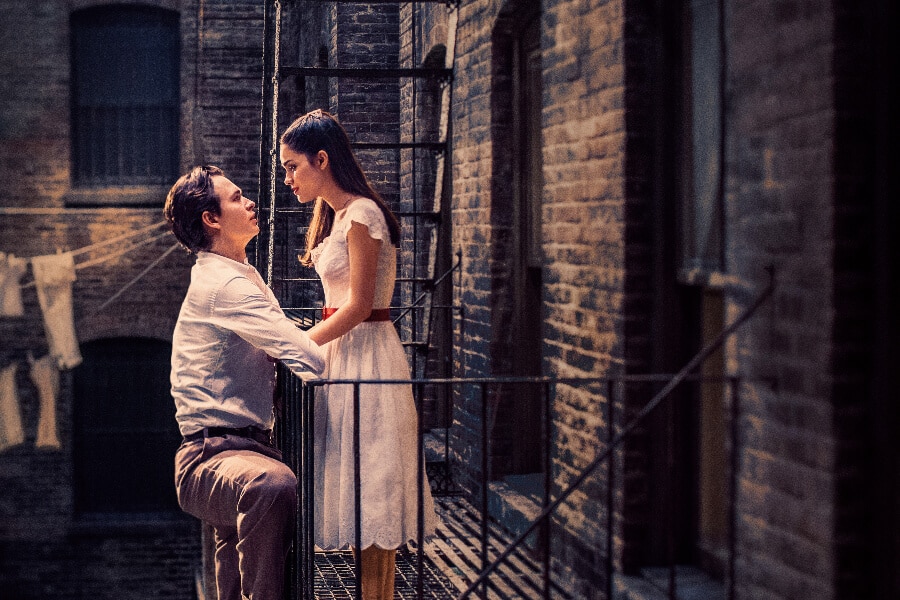











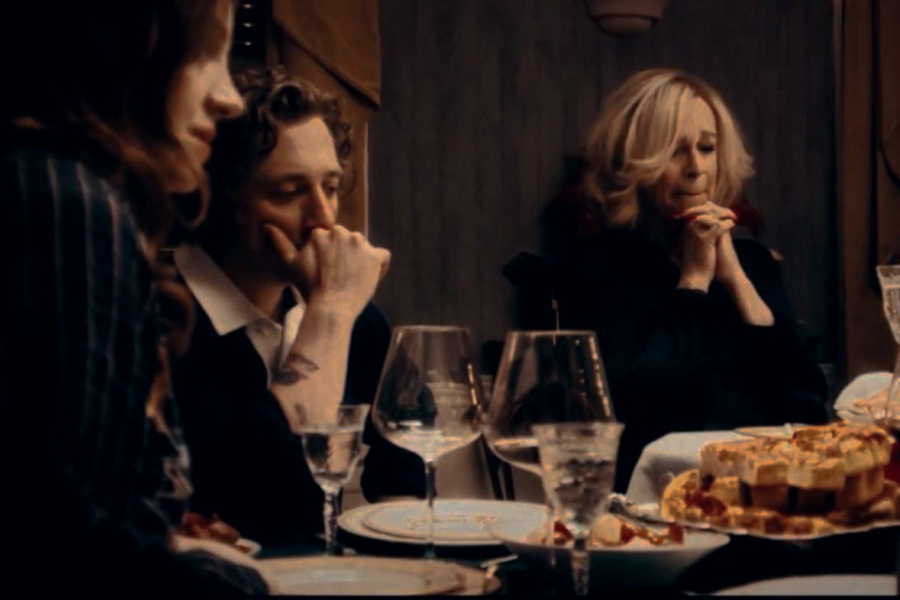


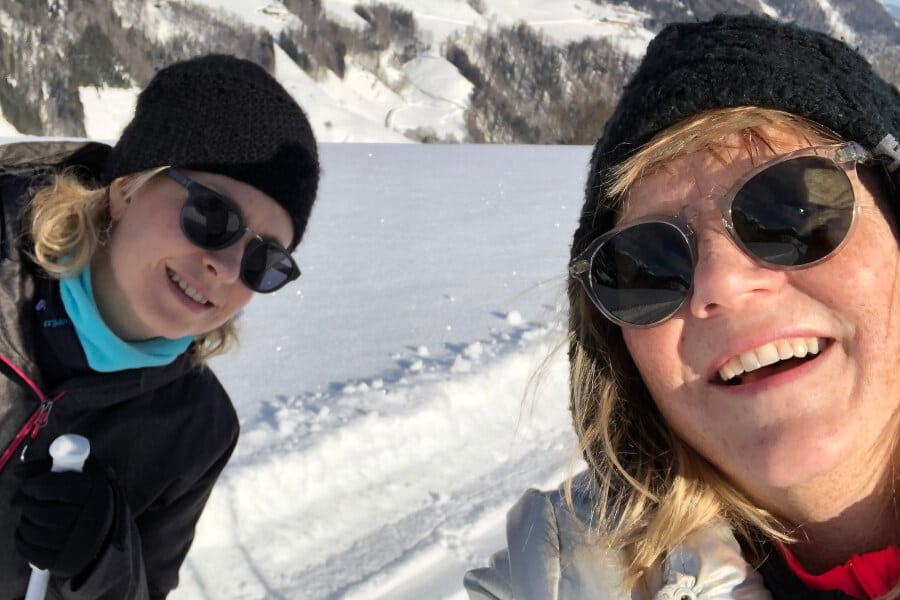
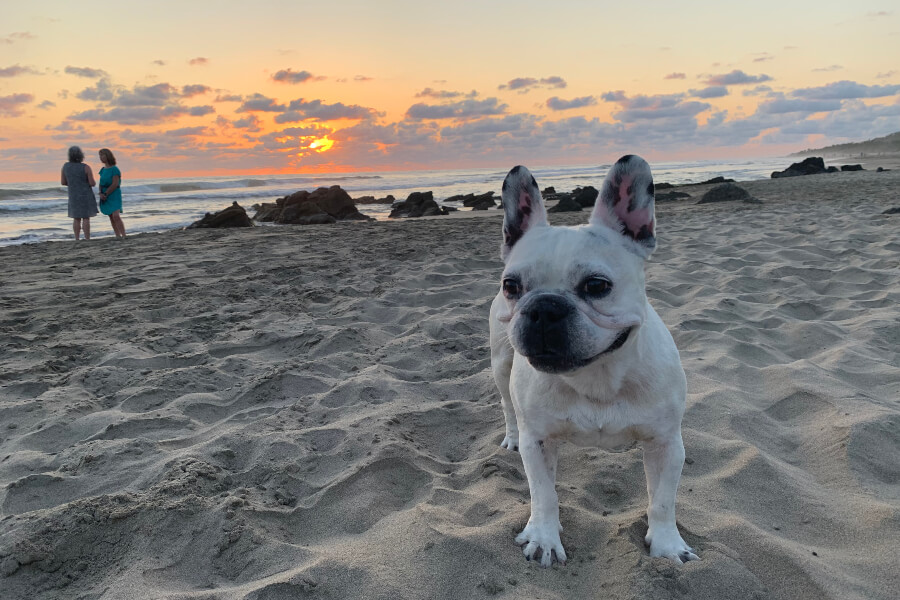

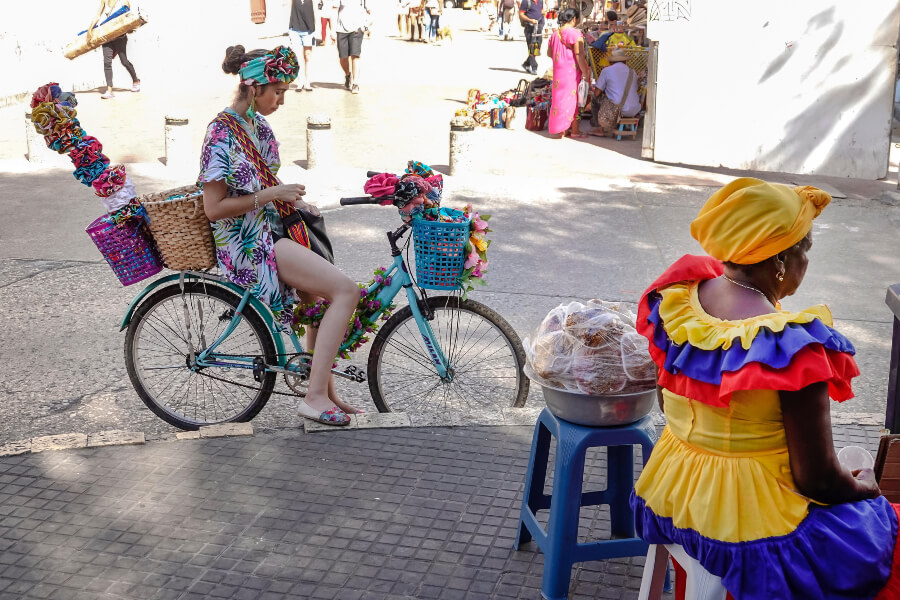

0 Comments